THREAD: ford 15 billion loss shock
LifeLine™ Media threads use our sophisticated algorithms to construct a thread around any topic you want, providing you with a detailed timeline, analysis, and related articles.
News Timeline

FORD’S $15 Billion Loss Shock: Trump-Era Auto Tariffs Spark Industry Fears
— Ford Motor Company has hit pause on its earnings forecast after revealing a stunning $15 billion loss. The company blames tariffs from the Trump years and ongoing trade fights for the huge setback. Ford also warns that if these policies stay in place, the entire U.S. auto industry could face over $100 billion in extra costs.
To fight back, Ford tried rerouting vehicles through Canada, which saved about $1 billion. Still, there’s a lot of uncertainty ahead. This news comes as the Federal Reserve keeps interest rates steady and points to trade disputes as a big economic risk.
Industry experts say Ford’s move is a warning sign for all of American manufacturing. It raises tough questions about profits and stability for other car makers too.
No one knows yet how bad things will get, but Ford’s losses are shining a light on growing dangers for U.S. jobs and businesses if these tariffs stick around.
FORD’S Shocking Loss: Tariffs Deliver $15 Billion Blow to Auto Giant
— Ford Motor Company just took a huge hit—$15 billion lost, all thanks to tariffs. The company has now suspended its financial outlook for the year. Ford says these trade fights, many started under President Trump, are costing not just them but could slam the whole U.S. auto industry with over $100 billion in extra costs if things don’t change soon.
The Federal Reserve decided not to raise interest rates this time. They say it’s because of all the uncertainty from tariffs and global trade battles. This move caught Wall Street off guard and left some investors worried about what comes next.
There is one bright spot: The U.S. government has lifted tariffs on UK steel and aluminum and cut car tariffs down to 10%. This new deal was worked out between President Trump’s team and UK Prime Minister Keir Starmer.
These events show how much trade policy matters for American jobs and businesses. Car makers are feeling squeezed while leaders try to steer through a risky economic moment.
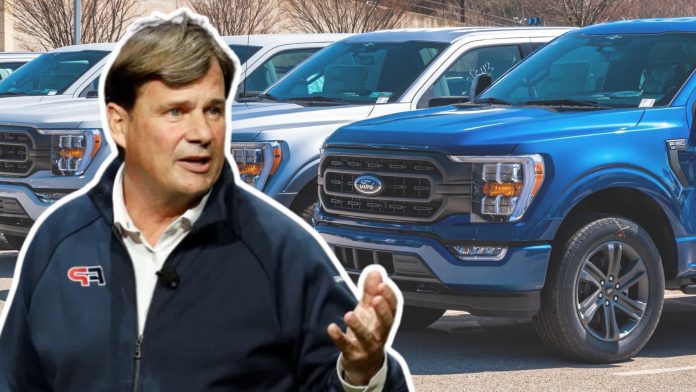
FORD’S $15 Billion Trade WAR Shock: How Trump’s Tough Tariffs Rattled the Auto Giant
— Ford Motor Company just hit the brakes on its earnings forecast. The company says tariffs from President Trump’s trade war could cost Ford a whopping $15 billion. Profits have already dropped 64% in the first quarter, and Ford blames these tariffs for most of the pain. Other carmakers may face over $100 billion in extra costs too.
To dodge some of these fees, Ford started sending cars from Mexico to Canada using special bond carriers. This helps avoid certain tariffs but doesn’t solve everything. By suspending its guidance, Ford is telling investors things are shaky and uncertain.
The Federal Reserve chose not to raise interest rates this time. Leaders pointed to risks from trade fights and older tariff rules as reasons for their caution. Big banks like Goldman Sachs also warned about possible trouble ahead for Wall Street.
There is some good news for global trade, though. A fresh deal between the U.S. and UK will remove steel and aluminum tariffs while cutting car taxes down to 10%. This agreement — first set up under President Trump — could help cool off some tensions even as other problems remain unsolved.

FED’S Bold Move Stuns Wall Street: Trump’S Trade Fight Ignites Fear And Hope
— Wall Street took a wild ride after the FEDERAL RESERVE made its latest move and President Trump doubled down on tariffs. Investors were left uneasy. Goldman Sachs warned the S&P 500 could drop even more if trade fights get worse. UBS also lowered its forecast, showing growing worry about where things are headed.
The S&P 500’s longest winning streak in twenty years came to an end as traders feared new tariffs could hurt economic growth and profits. Some industries, like media and film, are especially nervous about possible tariffs on foreign movies, which has sparked debate over American jobs and creative freedom.
Treasury Secretary Scott Bessent tried to calm everyone down by saying Trump’s policies — tariffs, tax cuts, and cutting red tape — are meant to help America in the long run, even if things feel shaky now. The White House says these steps will make U.S. businesses stronger against unfair competition from other countries.
As markets react to these changes, people are split on whether tough trade rules will help or hurt in the end. Many conservatives believe Trump is finally standing up for American workers who have been ignored for too long by global deals that put them last.;
TRUMP’S Auto Import Tarifs Spark Fears And Rattle Markets
— Swiss bank UBS has cut its S&P 500 forecast for the end of 2025 from 6,600 to 6,400 points. This comes after President Trump announced new 25% tariffs on imported cars. Many worry these tariffs could start a bigger global trade fight. Still, UBS’s Mark Haefele says there is “meaningful upside” for U.S. stocks this year.
The new tariffs have shaken investors in the U.S., Asia-Pacific, and Europe. President Trump stands firm on his decision. He said he “couldn’t care less” if automakers raise prices and believes Americans will buy more cars made at home.
Markets worldwide are reacting fast to the news. The MSCI world stock index fell by 4.5% in March — the worst drop since September 2022. JPMorgan’s Bruce Kasman now says there is a 40% chance of a recession.
Investors face more risk as these bold trade moves take effect under Trump’s America-first plan. Wall Street is watching closely to see how this will impact jobs and growth in the months ahead.

TRUMP’S “Liberation DAY” Shocks Markets: Wall Street Reels as Tariffs Spark Global Showdown
— President Trump’s “Liberation Day” tariffs have rocked the markets. The Dow dropped more than 2,000 points on some days. The S&P 500 and Nasdaq both fell into bear market territory. These tariffs, reaching up to 125% for some countries, are the highest seen in a hundred years. China, the EU, and Japan are feeling the pain most. China hit back with its own tariffs on American goods. Japan’s finance minister warned of global trouble ahead. Still, US officials say they’re hopeful about future trade talks. Big companies are taking hits too. CarMax shares sank after weak earnings reports. Nvidia tumbled more than 20% from its high point this year. UnitedHealth lowered its profit forecast because Medicare costs keep rising. Experts think this wild ride will last until trade fights settle down. Some industries are holding up better than others under pressure. The Federal Reserve might cut rates three times this year if things get worse — some warn a financial crisis could happen if tariff chaos continues much longer.

ZERO FINTECH’S Astonishing WIN: 2024 Profits Smash Wall Street Expectations
— Zero Fintech Group Limited, known as 0093.HK, just reported its highest profits ever for 2024. The company’s strong revenue and earnings came at a time when many feared the economy was slowing down.
Investors wasted no time reacting. After the news broke on April 16, Zero Fintech’s stock jumped sharply. Experts say this shows how well the company has managed risk in a tough industry.
This financial victory gives Zero Fintech a strong foundation for future growth in 2025 and beyond. Industry experts are now watching to see if this will shake up fintech markets around the world.
TRUMP’S Auto TAX Shock: Jaguar Land Rover Halts US Shipments
— Jaguar Land Rover is pausing shipments to the U.S. due to President Trump’s 25% import tax on vehicles. This British auto giant is adjusting its strategy to cope with new trade rules. The halt aims to help the company plan for long-term responses to these tariffs.
Experts say other British carmakers might follow Jaguar Land Rover’s lead. The higher tariffs add strain on an already struggling industry facing low domestic demand and a shift toward electric cars. “I expect similar stoppages from other producers,” said David Bailey, an automotive expert from the University of Birmingham.
The Society of Motor Manufacturers and Traders (SMMT) noted a 13.9% drop in U.K.-made cars last year, with over 77% exported mainly to the U.S. Factories making models like Nissan’s Qashqai and Juke are also feeling the heat from these issues.
SMMT’s chief executive, Mike Hawes, stressed that faster trade talks are crucial for supporting jobs and economic growth in both countries as they navigate these challenges together.
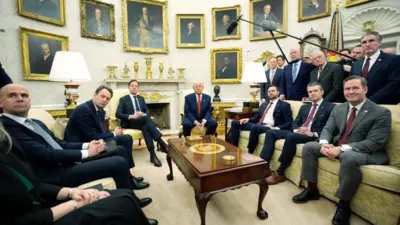
UK Economy SHOCK: 2025 Growth Forecast SLASHED to 1%
— The UK government is scrambling to address a major financial shortfall as the growth forecast for 2025 has been slashed to just 1%. This sharp reduction raises concerns about the country’s economic health, affected by both domestic and international challenges. The Chancellor of the Exchequer will provide more details in a press conference today.
This development highlights ongoing economic issues like inflation and external pressures that have forced a reassessment of growth projections. Experts worry about the impact on public services and potential tax hikes.
Increased scrutiny of government spending priorities and economic policies is expected following this announcement. The government’s response will be crucial in navigating these turbulent economic waters.

FCA WARNING: UK Motor Finance Ruling Could Devastate Economy
— The Financial Conduct Authority (FCA) has raised alarms over a court ruling that could saddle car lenders with a £44 billion compensation bill. The FCA warned the Supreme Court that this decision might deter business investments in the UK. The ruling’s impact could extend beyond car loans to other financial products sold on commission, such as insurance.
Close Brothers, a financial services firm, backed the FCA’s stance during Supreme Court discussions. They argued that car dealers should not bear significant responsibility for consumers’ financial interests, similar to shop workers’ duties. Darren Smith of Courmacs Legal criticized this position, questioning their commitment to consumer protection.
The controversy began when the Court of Appeal ruled against “secret” commissions paid to car salesmen for motor finance loans. This decision sparked fears of compensation payouts reaching £38 billion for affected drivers. The FCA urged the Supreme Court to overturn this ruling, arguing it disrupts balance between consumer interests and financial institutions.

“Hudson’s Bay COLLAPSE: 9,000 Jobs in JEOPARDY”
— Hudson’s Bay Company, Canada’s oldest business, plans to liquidate by June. Unable to secure financing, the company will shut down all operations. This decision puts over 9,000 jobs across Canada at risk.
The company’s financial troubles were clear in a March court filing. Hudson’s Bay delayed payments to landlords and vendors due to ongoing money problems. They initially hoped to stay open despite these issues.
Richard Baker bought Hudson’s Bay in 2008 for $1.1 billion, but it has steadily declined since then. The liquidation involves selling inventory and real estate while gradually laying off employees until mid-June.

LIV Golf’s SHOCKING Financial Woes: What’s Next for the Saudi-Backed League?
— LIV Golf is facing serious financial trouble, with losses skyrocketing. Reports show that the UK branch’s losses jumped from $244 million to $394 million in 2023. This has fueled rumors of possible merger talks with the PGA Tour.
The Saudi Public Investment Fund (PIF) is still providing crucial financial support to LIV Golf during these tough times. Without this backing, LIV Golf might struggle to survive as it deals with issues of profitability and sustainability.
These challenges raise questions about LIV Golf’s future in professional golf. Can it continue without major changes, or will a merger become necessary? The coming months could be pivotal for its survival and growth in the sport.
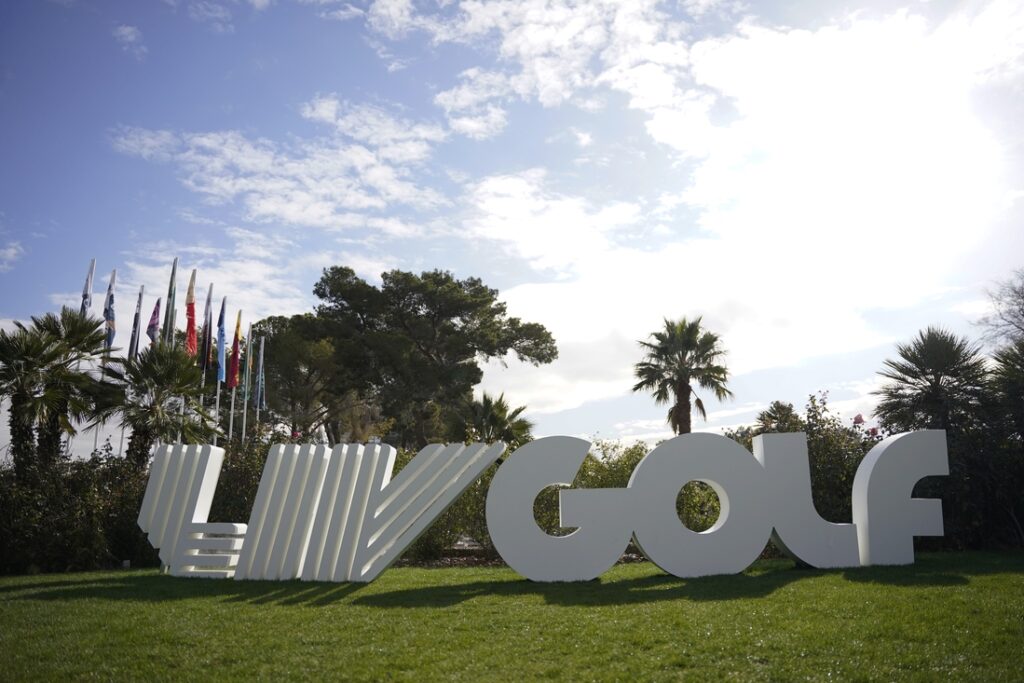
LIV Golf’s FINANCIAL Turmoil: Is the Dream Fading?
— LIV Golf is facing big financial problems, with losses “piling up at a staggering rate.” Analysts have looked into recent financial reports to reach this conclusion.
The UK branch of LIV Golf, which manages operations outside the U.S., saw its losses jump from $244 million to $394 million in 2023. This huge increase has sparked talk about possible merger discussions with the PGA Tour.
Regular cash boosts from the Saudi Public Investment Fund (PIF) are seen as vital for LIV Golf’s survival amid these growing losses. The situation raises questions about LIV Golf’s future and potential shifts in professional golf dynamics.

BATTERY GIANT’S $26 Billion Georgia Plant Cancelation Shocks Industry
— A massive battery manufacturing project in Georgia, worth $26 billion, has been unexpectedly canceled. This decision is causing concern across the industry as experts consider its impact on electric vehicle production and battery supply in the United States. The reasons for this abrupt cancelation are still under investigation, with regulatory challenges and market saturation being potential factors.
The plant was set to be a major player in the manufacturing sector, showcasing Georgia’s role in energy innovation. Its cancelation raises questions about future investments and projects within the state and beyond. Industry insiders are closely watching how this development will affect supply chains and production timelines for electric vehicles nationwide.
This news arrives amid ongoing discussions about energy sustainability initiatives across the U.S., marking a pivotal moment for stakeholders in both energy and automotive sectors. The project’s halt highlights the complexities of balancing regulatory demands with market needs, a challenge that continues to shape America’s industrial landscape.

BATTERY Giant’s SHOCKING Exit: $26 Billion Georgia Plant Scrapped
— A battery company has scrapped its plan for a $2.6 billion manufacturing plant in Georgia, sparking concerns about the future of electric vehicle (EV) production. This decision raises questions about the local economy and job market, which were expected to thrive from this project.
Details are limited, but the move follows struggles within the battery production sector. The plant was supposed to be a major supplier for EVs as part of a global shift toward sustainability and green technology.
Industry experts wonder if this decision will affect EV demand in Georgia and create challenges for other manufacturers expanding in the U.S., possibly impacting investments and economic growth in regions relying on such projects.
As events progress, stakeholders will keep a close watch on the viability of large investment projects linked to renewable energy and EV industries across America.

NIKOLA’S Financial Freefall: What It Means for the Electric Truck Industry
— Nikola, the electric-truck maker, faces financial restructuring as its market value drops from $30 billion to just $63 million. This sharp decline shows serious financial trouble within the company. Investors are keeping a close eye on how Nikola handles these stormy times.
KLARNA’S BOLD MOVE: Chasing a $15 BILLION US IPO
Fintech giant Klarna plans a US IPO in April, aiming for a valuation of up to $15 billion. If successful, it would be one of the biggest listings this year. This move highlights Klarna’s drive to grow its influence in the competitive fintech world.
PRINCIPAL FINANCIAL’S Q4 SUCCESS: A Beacon Amid Economic Uncertainty
Principal Financial reported strong fourth-quarter earnings with a 12% revenue increase year-over-year, reaching $4.75 billion. Earnings per share rose to $1.94 from last year’s $1.83, showing solid growth and key performance metrics for investors amid economic uncertainties.
SURFWEAR SHOCK: Billabong and Quiksilver’s US Parent Company Hits Bankruptcy
— The U.S. parent company of popular surfwear brands Billabong and Quiksilver has filed for bankruptcy, leading to the closure of over 100 retail locations. Despite this setback, the Australian operations of these iconic brands remain unaffected. This marks a big shift in the surfwear industry, impacting both employees and shoppers.
Canadian businesses face new challenges as a key cross-border exemption is set to end due to U.S.-imposed tariffs on Canadian goods. The removal will likely raise operational costs for many companies relying on easier product movement between countries. Businesses brace for an economic impact similar to previous tariff threats under former President Trump’s administration.
Stifel Nicolaus has reaffirmed its “Buy” rating for IBM, setting a price target of $290 based on strong AI advancements and cash flow growth projections. IBM continues to lead in AI innovation through consulting services and software development, positioning itself among top trending stocks in this sector. Investors remain hopeful about IBM’s future amid growing interest in artificial intelligence technologies.
Bristol-Myers Squibb saw more than a 2% drop in premarket trading after announcing 2025 guidance that fell short of analyst expectations. The pharmaceutical giant’s disappointing forecast has raised concerns among investors about its future performance.;

AMERICAN EXPRESS Hit Hard: $230 Million Settlement Shocks Industry
— American Express has agreed to a $230 million settlement, surprising customers and industry insiders. This hefty financial blow highlights the growing scrutiny on major financial institutions. Analysts see this as a turning point, pushing companies to rethink their compliance strategies.
The settlement raises concerns about deeper issues within the financial industry. Customers are shocked and worried about how this might tarnish American Express’s reputation. Experts say this incident could lead to stricter oversight of financial firms in the future.
This development is crucial as it signals a potential shift in accountability for big financial players. The pressure is building for these giants to adapt to tighter regulations and increased consumer awareness. Financial companies may need to reevaluate their practices in response to this wake-up call.

— Tesla Stock Soars 22% on Musk’s Bold 2025 Growth Forecast The electric vehicle giant experienced its best trading day in over a decade following CEO Elon Musk’s optimistic projections for future growth

— Tesla Shares Soar 10% Following Profit Surge The electric vehicle manufacturer reported better-than-expected profits, bolstered by revenue from environmental credits

— Dow Hits New Record Before Struggling, S&P 500 Weighed Down by Tech Stocks The Dow Jones Industrial Average reached a new high but faced challenges, while the S&P 500 was negatively impacted by declines in technology shares
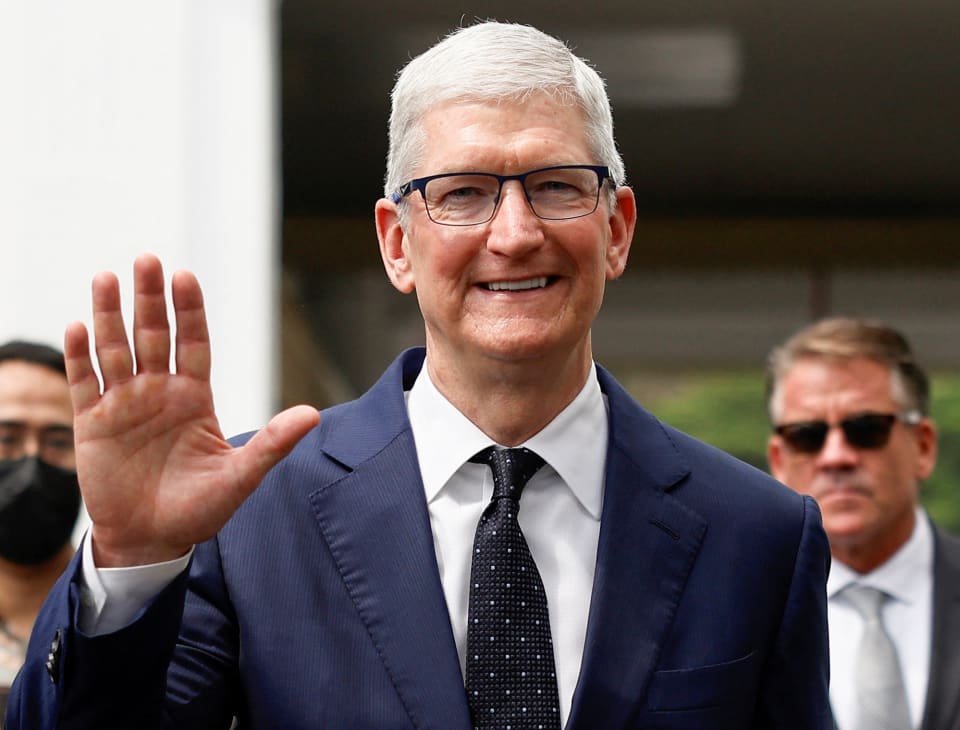
— Apple Unveils $110 Billion Share Buyback Amid 10% iPhone Sales Decline Tech giant Apple reveals its biggest-ever share buyback plan following a 10% drop in iPhone sales

— Stellantis’ Profit Slides as Detroit Three Strikes Take a Toll Jeep and Dodge manufacturer, Stellantis, experiences a decline in profits due to ongoing strikes by the Detroit Three automakers
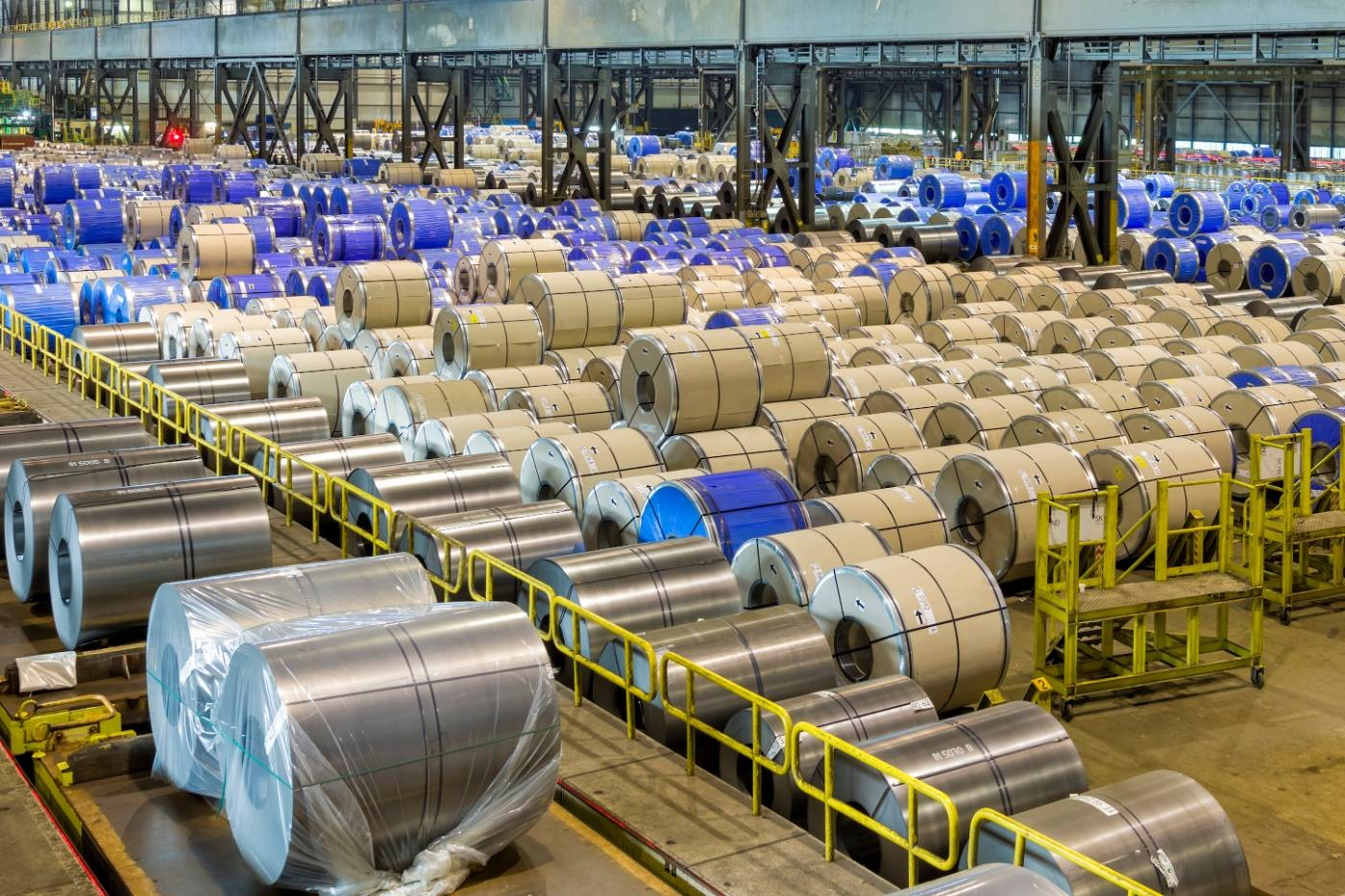
MASSIVE BLOW: Tata Steel Shutters Wales Plant, 2,800 Jobs Vanish Overnight
— Indian steel titan, Tata Steel, has revealed plans to close both blast furnaces at its Port Talbot plant in Wales. This drastic move will result in the loss of 2,800 jobs and is part of a broader strategy to streamline their unprofitable UK operation and make it more eco-friendly.
The company intends to transition from coal-fired blast furnaces to an electric arc furnace. This modern method emits less carbon and requires fewer workers. The British government backs this shift with a hefty £500 million ($634 million) investment. Tata Steel is confident that this transition will “turn around over a decade of losses” and foster a greener steel industry.
This decision strikes a severe blow to Port Talbot — a town heavily dependent on the steel industry since the early 20th century. Unions had suggested keeping one blast furnace operational while constructing the electric one as an attempt to mitigate job cuts — a proposal that Tata dismissed.
Both blast furnaces are slated for closure within this year. Meanwhile, plans for installing the new electric furnace are set for completion by 2027.
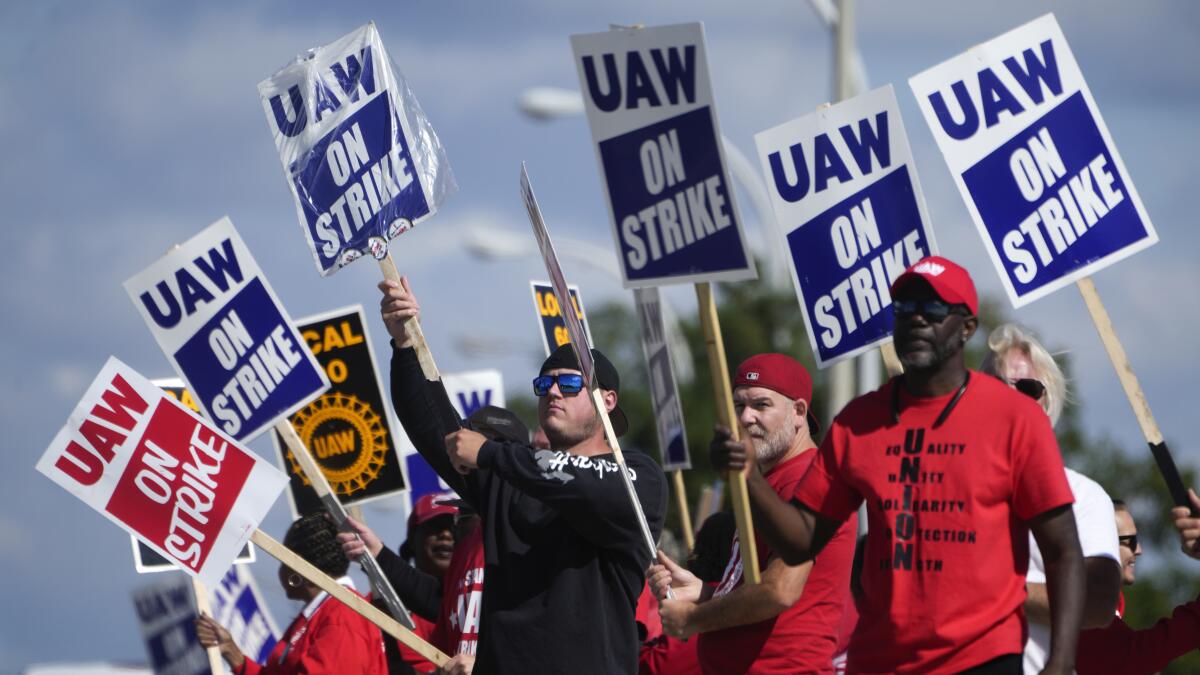
UAW STRIKE Ends: Ford’s Unprecedented 30% PAY Rise Could Shake Up Detroit Automakers
— The United Auto Workers (UAW) union has reached a tentative contract agreement with Ford. This development could signal the end of the nearly six-week-long strikes that have rocked Detroit automakers. However, this four-year deal still needs approval from Ford’s 57,000 union members.
The agreement could shape future negotiations with General Motors and Stellantis, where strikes are ongoing. UAW has urged all Ford workers to resume work, hoping to pressure GM and Stellantis into bargaining. More details on how this strategy will be implemented are expected soon.
In a video address, UAW President Shawn Fain announced that Ford offered a wage increase of 50% more than before the strike started on September 15th. UAW Vice President Chuck Browning, who served as the chief negotiator with Ford, disclosed that workers would see an overall wage increase of 25%. This would push the total pay rise over 30%, resulting in top-tier assembly plant workers earning above $40 per hour by contract’s end.
Before this agreement, all three automakers had suggested a pay rise of just 23%. Under the new deal, assembly workers will receive an immediate raise of 11% upon ratification — nearly matching all wage increases since 2007.

Video
BRITISH PM’S Bold Housing Plan: 15 Million Homes to FIX Crisis
— British Prime Minister Keir Starmer has announced a plan to tackle the UK’s housing crisis by building 1.5 million homes over the next five years. This initiative aims to address the severe shortage of housing and create jobs in the construction sector.
The plan includes government-led projects and incentives for private developers, focusing on sustainable urban planning and energy-efficient homes. This aligns with broader goals to reduce carbon emissions and combat climate change.
Critics question whether the government can secure adequate funding and navigate bureaucratic challenges to achieve this ambitious goal. Despite these concerns, the government cites past successes in large-scale infrastructure as evidence of its capability.

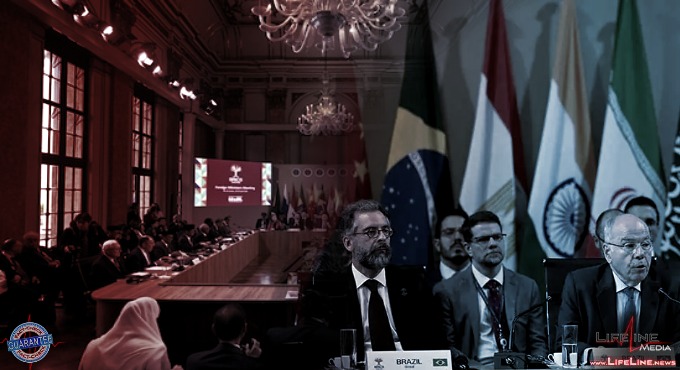
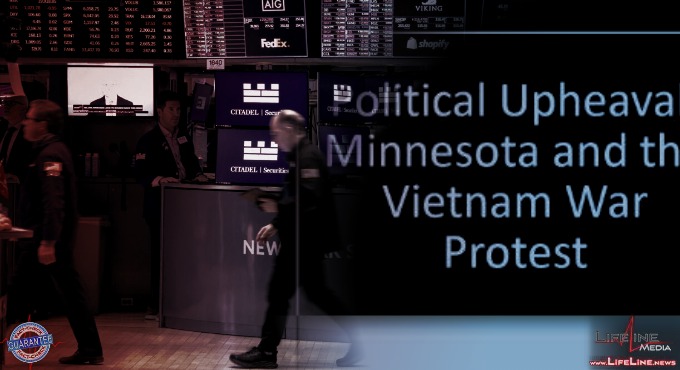


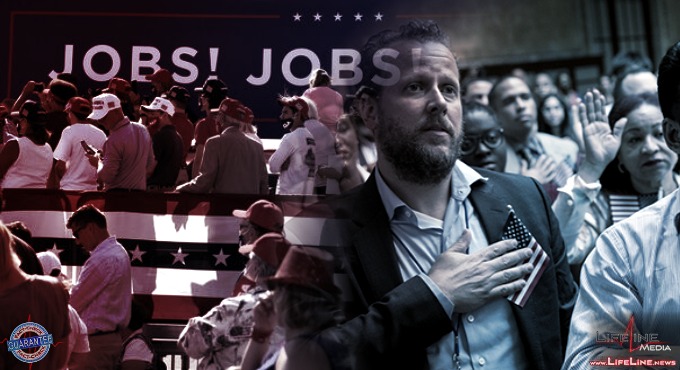
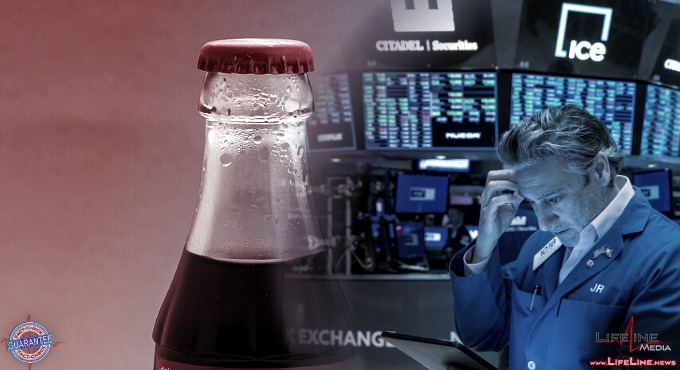
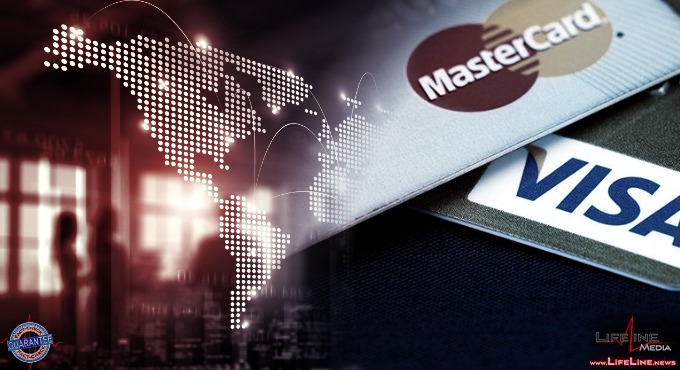
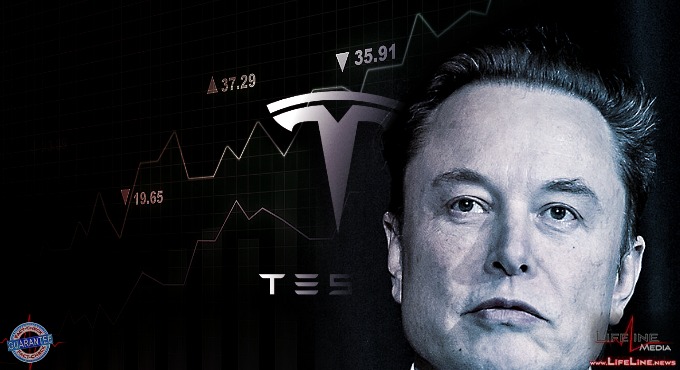


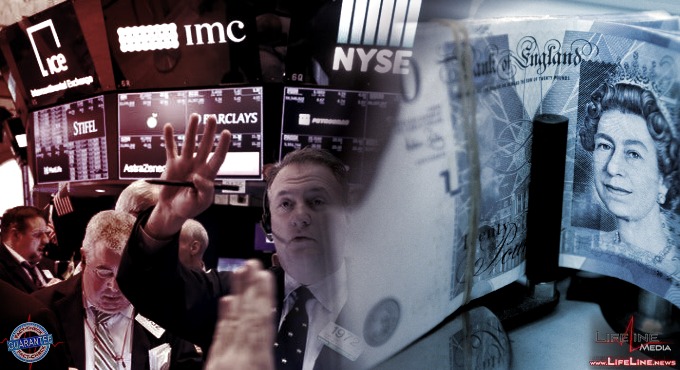


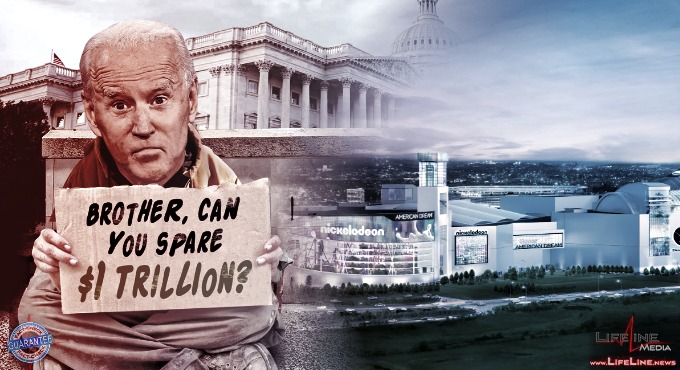




Social Chatter
What the World is SayingElon Musk “So I'd like to thank everyone who's gone out there and bought a Tesla in support of Tesla and me. Tesla is not like an investment, it's like a child to me, it's not just a bunch...
. . .ELON: UNSUPERVISED FSD WILL RAPIDLY EXPAND TO THE WHOLE COUNTRY “In a few months, Tesla will release unsupervised full self-driving. The cars will be driving around by themselves with no...
. . .A manually driven Tesla is 2x less likely to be in a crash. A Tesla on AP is 5x less likely. * ~1% of Americans die in car crashes. Make that number lower. Make it lower for yourself, for your...
. . .A manually driven Tesla is 2x less likely to be in a crash. A Tesla on AP is 5x less likely. * ~1% of Americans die in car crashes. Make that number lower. Make it lower for yourself, for your...
. . .A manually driven Tesla is 2x less likely to be in a crash. A Tesla on AP is 5x less likely. * ~1% of Americans die in car crashes. Make that number lower. Make it lower for yourself, for your...
. . .